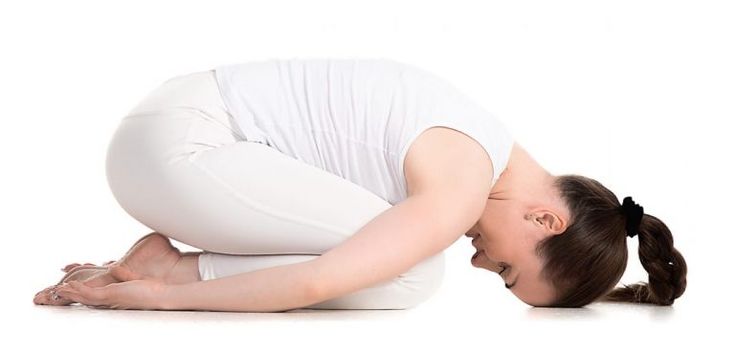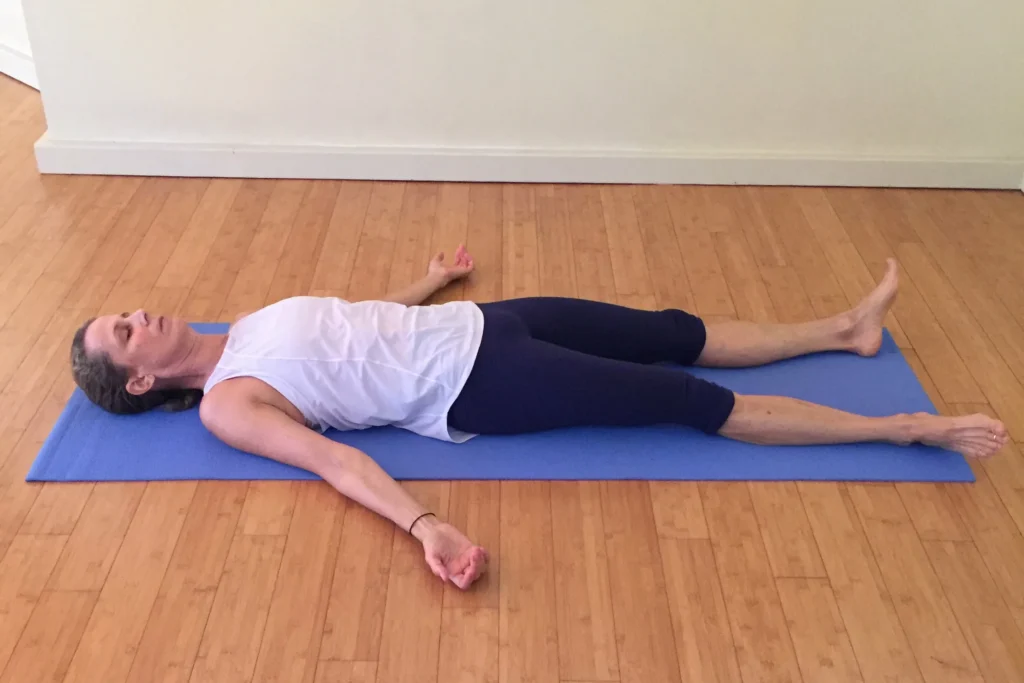7 Ways How Yoga Impacts Your Mental Health
Introduction
Yoga is much more than a physical exercise; it is a holistic practice that nurtures both the body and the mind. Originating in ancient India, yoga has gained global recognition for its profound impact on mental well-being. This article explores “7 Ways How Yoga Impacts Your Mental Health” to help you understand its transformative potential.
1. Boosts Self-Awareness
Self-awareness is a cornerstone of mental health. Through yoga, individuals learn to connect deeply with their inner selves. Practices like mindful breathing and meditation encourage a state of introspection, enabling individuals to identify and address their emotions effectively.
Practical Exercises:

- Try the “Tree Pose” (Vrksasana) for grounding.
- Incorporate journaling after yoga sessions to reflect on emotions.
Unlock Your Energy Potential: 8 Powerful Ways to Heal Your Chakras
2. Reduces Stress and Increases Happiness
Yoga is renowned for its stress-relieving properties. Activating the parasympathetic nervous system helps counteract the body’s stress response. Regular practice releases endorphins—the body’s natural happiness hormones—leaving you feeling uplifted.
Best Poses for Stress Relief:

- Child’s Pose (Balasana)
- Cat-Cow Stretch (Marjaryasana-Bitilasana)
3. Increases Cognitive Ability to Process Information
Practicing yoga improves focus and mental clarity. Techniques like Pranayama (breathing exercises) enhance oxygen flow to the brain, which optimizes its functioning. This heightened cognitive ability enables better decision-making and learning capabilities.
Recommended Practices:
- Alternate Nostril Breathing (Nadi Shodhana)
- Standing Forward Bend (Uttanasana)
4. Boosts Overall Intelligence
Intelligence extends beyond academics; it encompasses emotional and social intelligence too. Yoga fosters patience, empathy, and resilience, contributing to enhanced overall intelligence. Studies reveal that yoga practitioners often experience better problem-solving skills.
Notable Poses:

- Warrior Pose (Virabhadrasana)
- Lotus Pose (Padmasana) for meditative focus
5. Reduces Sensitivity to Pain
Chronic pain significantly affects mental health. Yoga alters pain perception by teaching the mind to focus on sensations without reacting to them. This makes it an effective tool for managing conditions like arthritis or migraines.
Pain-Relieving Yoga Poses:

- Reclining Bound Angle Pose (Supta Baddha Konasana)
- Legs-Up-The-Wall Pose (Viparita Karani)
6. Activates the Parasympathetic Nervous System
The parasympathetic nervous system controls the body’s “rest and digest” functions. Yoga’s gentle stretches and controlled breathing activate this system, promoting relaxation and countering stress-induced hyperactivity.
Effective Techniques:

- Corpse Pose (Savasana)
- Deep belly breathing
7. Reduces Anxiety
Anxiety is often rooted in overthinking and stress. Yoga’s emphasis on staying present helps break this cycle. Regular practice reduces cortisol levels, providing a natural and effective remedy for anxiety.
Yoga Routines for Anxiety Relief:
- Restorative Yoga
- Yoga Nidra (Guided Sleep Meditation)
Yoga Styles for Mental Health
Different yoga styles cater to varying needs:
- Hatha Yoga: Balances mind and body.
- Vinyasa Yoga: Combines movement and breath for stress relief.
- Restorative Yoga: Promotes deep relaxation.
Scientific Evidence Supporting Yoga’s Mental Health Benefits
Research validates yoga’s efficacy in enhancing mental health. A study published in Frontiers in Psychiatry highlights yoga’s role in reducing anxiety and depression symptoms. Experts agree that regular practice can significantly improve overall well-being.
Practical Tips for Incorporating Yoga into Your Life
- Start with short sessions, gradually increasing duration.
- Create a dedicated yoga space at home.
- Use resources like yoga apps or online classes.
Common Misconceptions About Yoga and Mental Health
- Myth: Yoga is only physical. Fact: It encompasses mental and spiritual well-being too
- Myth: You need to be flexible. Fact: Yoga is for all body types and fitness levels.
FAQs
Q1: Can yoga replace therapy for mental health issues?
Yoga complements therapy but does not replace professional medical advice.
Q2: How often should I practice yoga for mental health benefits?
Aim for at least three sessions per week.
Q3: Is yoga effective for severe anxiety?
While helpful, severe cases should also involve consultation with a mental health professional.
Q4: Are there specific yoga styles for beginners?
Hatha Yoga is ideal for those new to yoga.
Q5: Can children practice yoga for mental health benefits?
Absolutely, yoga is beneficial for children and adults alike.
Q6: Does yoga improve sleep quality?
Yes, yoga promotes relaxation, leading to better sleep.
Conclusion
Incorporating yoga into your daily routine can transform your mental health. By enhancing self-awareness, reducing stress, and improving cognitive abilities, yoga offers a holistic approach to well-being. Whether you are a beginner or a seasoned practitioner, the benefits of yoga for mental health are undeniable.



